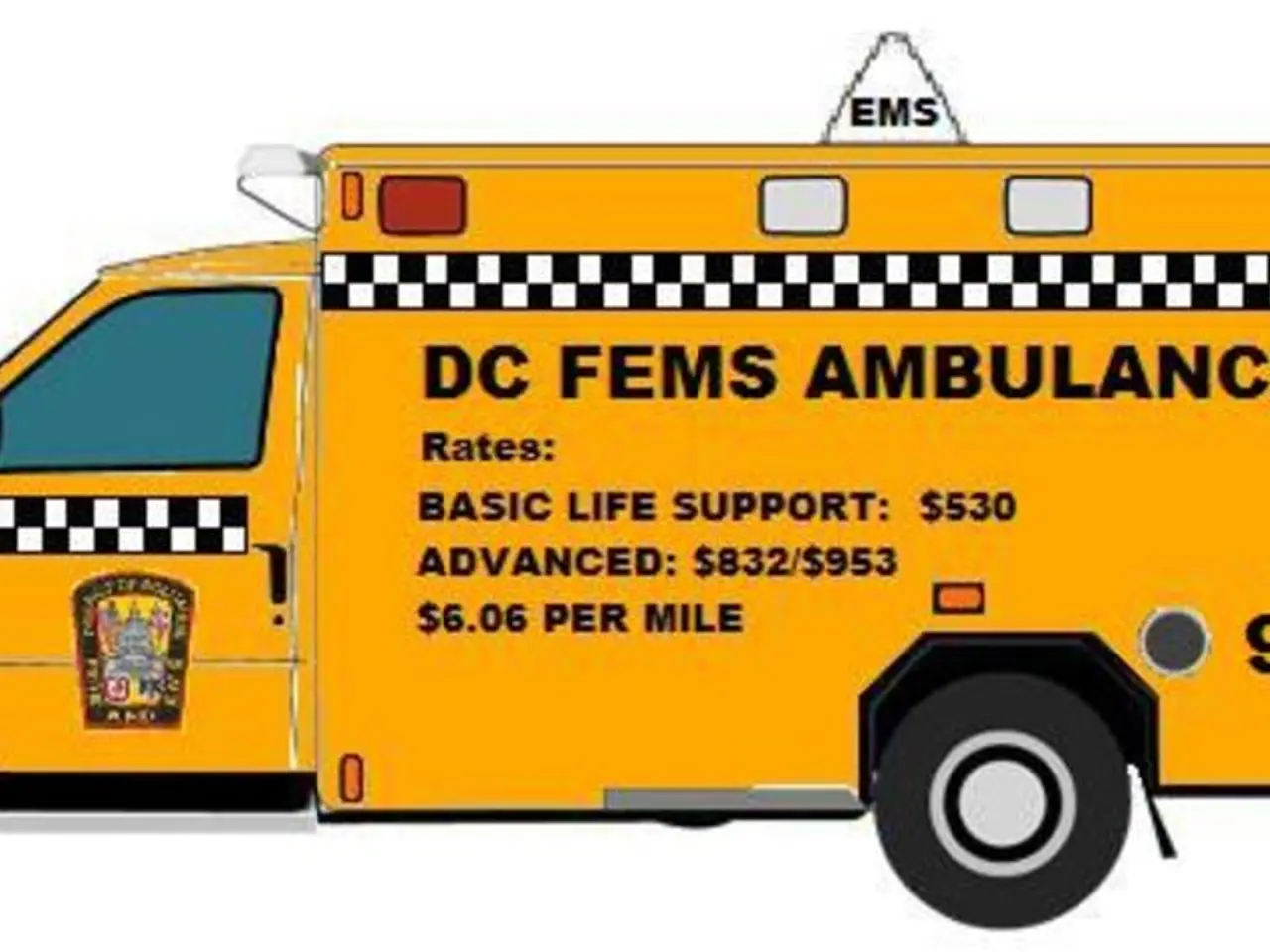Recognize, React, and Recover from Strokes: A Guide to Stroke Awareness
Dr. Rao's Hospital, a centre of excellence in stroke care, based in Guntur, has produced an informative video to raise awareness about strokes and the importance of quick action in emergency situations. The video, available on YouTube, encourages viewers to share the information to help save lives.
The video introduces the FAST acronym, a simple yet effective tool for recognizing the three most common signs of a stroke: Face weakness, Arm weakness, Speech problems, and Time to call emergency services (911). By remembering this acronym, individuals can quickly identify potential stroke symptoms and act fast, enabling immediate medical response.
Each component of the FAST acronym represents a key stroke sign:
- Face: Sudden drooping or uneven smile on one side.
- Arm: Sudden weakness or inability to raise one arm.
- Speech: Difficulty speaking, slurred words, or inability to understand speech.
- Time: Immediate calling of emergency services is critical, as every minute counts in reducing brain injury and improving recovery chances.
While FAST covers the most common stroke signs, it does not capture all symptoms, especially some that occur more frequently in women, such as balance issues and visual changes. However, it remains the widely promoted initial recognition tool for public and emergency responders.
Dr. Rao's Hospital offers comprehensive stroke care with a multidisciplinary approach involving neurologists, neurosurgeons, and rehabilitation specialists. The hospital provides emergency stroke care, including IV tPA and Mechanical Thrombectomy, advanced imaging and diagnostic services, and rehabilitation services to help stroke survivors regain mobility, speech, and cognitive abilities.
Neurosurgery services are available for stroke cases caused by blockages or narrowing of brain blood vessels. Proper medical care and support can lead to significant progress in stroke recovery for both patients and their families.
Remember, acting fast can make a significant difference in the outcome of a stroke emergency. If you suspect a stroke, don't delay - call 911 immediately.
For more information about Dr. Rao's Hospital, please contact them at 9010056444. Unfortunately, the video does not provide the hospital's website information.
[1] National Heart, Lung, and Blood Institute. (2021). Recognizing Stroke Symptoms. [online] Available at: https://www.nhlbi.nih.gov/health-topics/recognizing-stroke-symptoms
[2] American Stroke Association. (2021). Understanding Stroke in Women. [online] Available at: https://www.strokeassociation.org/en/about-stroke/understanding-stroke/understanding-stroke-in-women
[3] American Heart Association. (2021). Time is Brain: Stroke Treatment. [online] Available at: https://www.heart.org/en/health-topics/stroke/treatment/time-is-brain-stroke-treatment
[4] National Institute of Neurological Disorders and Stroke. (2021). Stroke. [online] Available at: https://www.ninds.nih.gov/Disorders/All-Disorders/Stroke-Information-Page
[5] World Health Organization. (2021). Stroke Fact Sheet. [online] Available at: https://www.who.int/news-room/fact-sheets/detail/stroke
- Keyhole surgery, a minimally invasive procedure, is frequently used in the neurosurgery field, including spine surgery, to reduce recovery time for patients.2.Neurology hospitals like Dr. Rao's Hospital, specialize in the treatment of chronic diseases like strokes and other neurological conditions, emphasizing the importance of science and modern medical-conditions research in their approach to health-and-wellness.
- Adequate cardiovascular health is crucial for maintaining mental-health and fitness-and-exercise levels, as the heart and brain work closely together in the body.
- In addition to emergency stroke care, neurologists and neurosurgeons in hospitals like Dr. Rao's Hospital often provide rehabilitation services for patients suffering from chronic diseases or mental-health issues as a part of their holistic approach to patient care.
- Integrating mental-health resources into hospitals, such as counseling and support groups, is vital for the overall health-and-wellness of patients, ensuring they receive comprehensive care for their physical and emotional needs.




